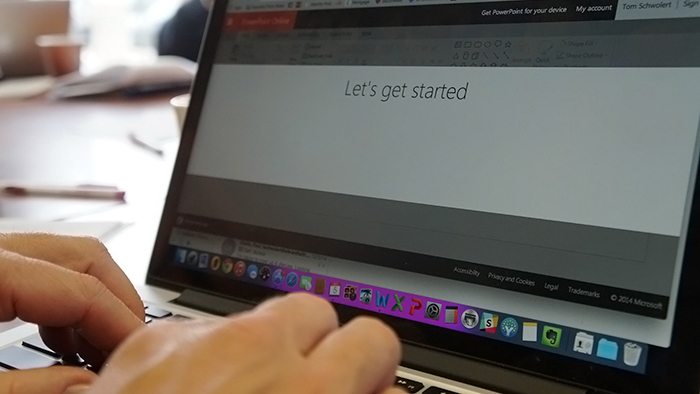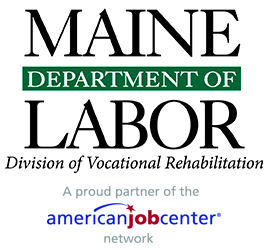
Virtual Step Up Program Helps Maine High School Students with Autism Prepare for College
Following a successful pilot program, the University of Maine Center for Community Inclusion and Disability Studies (CCIDS) again collaborated with the Maine Department of Labor Division of Vocational Rehabilitation (VR), the UMaine College of Education and Human Development, and Student Accessibility Services to deliver the Step Up Program for high school students with autism spectrum disorders.
The 2020 program, funded by VR and the Maine Developmental Disabilities Council, focused on high school juniors or seniors on the autism spectrum who are also transition clients being served by VR. It was designed to help them gain skills and experience in a number of areas that are associated with postsecondary education success for students with disabilities.
Due to the COVID-19 pandemic, the 2020 program was structured differently from the 2019 pilot program that provided students with a multi-week residential living and learning experience on the University of Maine campus. As with all UMaine Summer 2020 educational programs, the Step Up Program was also provided online. Nine high school students from across the state were able to safely and successfully complete the remote five-week program through the university’s Zoom web conferencing platform.
The main components of the 2020 Step Up Program included the following:
- Enrollment and participation in a first-year level, three-credit University of Maine course, Psychology 101, taught by Benjamin A. Guenther, Ph.D.
- Participation in 10 college preparation seminars that addressed topics such as self-determination and self-advocacy; assistive technology; choosing a college and a major; obtaining supports and accommodations in postsecondary education; study skills and time management; taking responsibility for health and wellness; and social life in college.
- Development of interpersonal and communication skills through participation in four 90-minute social skills training sessions.
Students also participated in weekly virtual career exploration workshops with VR staff.
“The program provided a nice balance between support and independent action,” said one parent. “Great hands-on opportunities to test the waters regarding future plans.”
Another significant change in the 2020 Step Up Program was the use of the Self-Determined Learning Model of Instruction (SDLMI) as the organizing framework for the college preparation seminars. Rather than having one seminar devoted exclusively to self-determination, CCIDS instructors Alan Kurtz, Ph.D., and Janet May, M.Ed. wove this concept into the entire curriculum.
“Essentially, self-determination means setting your own goals, pursuing those goals, monitoring your progress, and revising your plan as necessary,” said Kurtz.
“I think many people with disabilities are kept from exploring choices and decisions in an effort to protect them,” said May. “That is part of why self-determination is so important.
I believe it’s better to have opportunities to practice making choices from early on in life; that’s how we learn and grow.”
Each of the nine students was paired with a mentor. Students and their mentors met virtually once a week to discuss the overall program, what assistance or supports they needed to complete any of the program components, and to continue to identify individual postsecondary education transition goals as well as strategies for attaining them.
“My young adult gained a great amount from participating in the Step Up Program,” said the parent of another student. “It really got them to think about their goals, opportunities and ideas moving forward. We had many great conversations after the Tuesday/Thursday college prep seminars and the VR sessions.”
Image credit:
Computer by jaredrendell (pixabay.com). Pixabay license.



